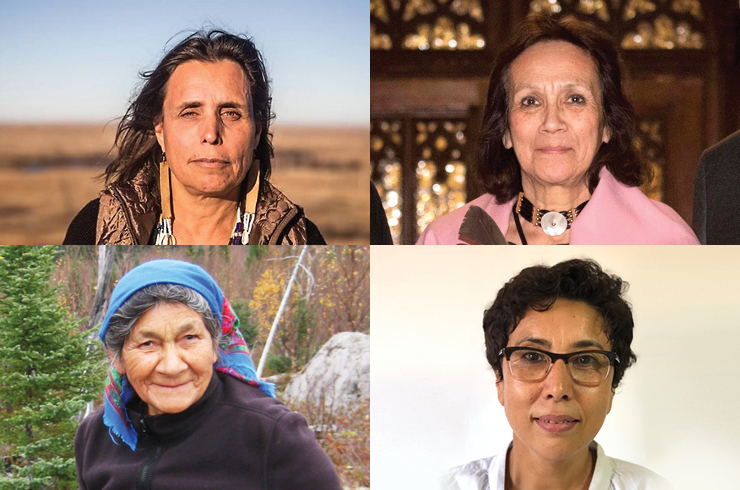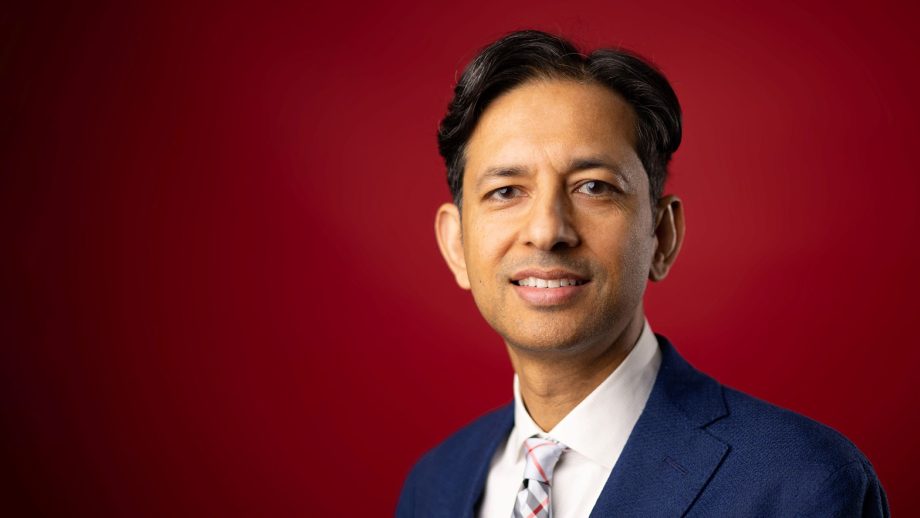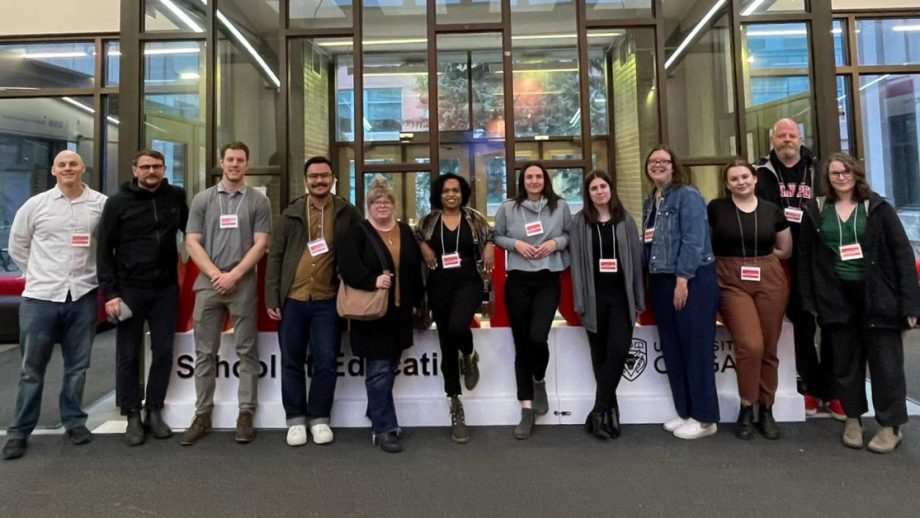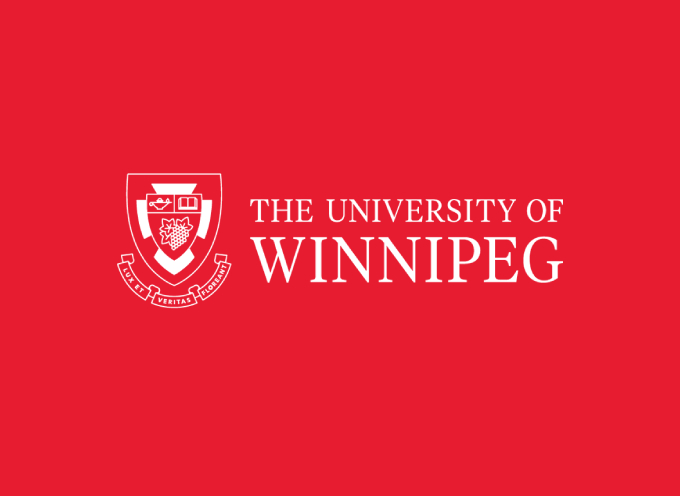
Keynote speakers (clockwise): Winona LaDuke, Senator Mary Jane McCallum, Deepa Joshi, and Tshaukuesh Elizabeth Penashue. Photos supplied.
The international conference Ki Ta Ski Naw, Our Land – Reflections on Hydropower and Energy Justice will be held at The University of Winnipeg from November 8 – 10, 2019.
Hydropower has emerged as an important source of energy around the globe over the last 50 years. In Canada, it has come to play a significant role in regional economies and as source of energy, both for domestic use and export.
Hydropower has been the focus of much public controversy around the globe and has been viewed as contributing to widespread social and environmental injustices. Indeed, some of the largest rivers across Canada are dammed and diverted, which has at times resulted in the dislocation of entire Indigenous communities.
The keynote speakers include four amazing leaders, Winona LaDuke, Deepa Joshi, Tshaukuesh Elizabeth Penashue, and Senator Mary Jane McCallum.
Close to 200 participants are expected to attend, including academics from Canada, Sweden, Cameroon, and Iran, and Indigenous representatives from Argentina, Brazil, Colombia, India, Panama, and the USA (Alaska).
First Nations groups represented include those from our group (Wa Ni Ska Tan, which represents First Nations affected by hydro development in Manitoba) and from Grand Riverkeeper Labrador, Labrador Land Protectors, Nisichawayasihk Cree Nation, North American Mega Dam Resistance Alliance, and those impacted by the Site C Dam. Representatives from the Council of Canadians will also be present.
Themes to be explored during the conference include:
- Action-based research, activism, and advocacy;
- The land and environment;
- Land-based education, Indigenous knowledge, and Indigenous livelihoods;
- Energy justice, social justice, resistance, and decolonization;
- Policy making and implementation, Aboriginal rights, and water rights;
- Local histories, oral narratives, and local/Indigenous perspectives on hydropower;
- Food sovereignty;
- And gendered violence
For more information on the conference and registration, please visit Ki Ta Ski Naw, Our Land – Reflections on Hydropower and Energy Justice.




